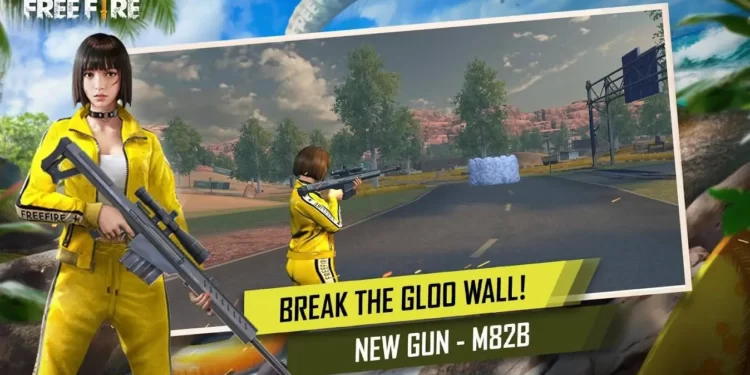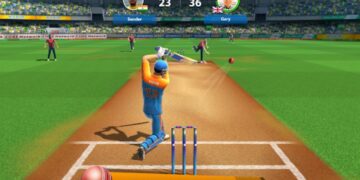Introduction:
The gaming industry has witnessed numerous rivalries and competitions over the years, but none quite as intense as the clash between PlayerUnknown’s Battlegrounds (PUBG) and Garena Free Fire. In a recent turn of events, PUBG’s developer, Krafton, has filed a lawsuit against Garena Free Fire, alleging copyright infringement and unfair competition. This legal battle has sent shockwaves through the gaming community, raising questions about the boundaries of intellectual property and the future of mobile battle royale games.
The Lawsuit:
Krafton’s lawsuit claims that Garena Free Fire has copied several key elements from PUBG, including game mechanics, character designs, and even the iconic “Winner Winner Chicken Dinner” phrase. According to Krafton, these similarities amount to copyright infringement and unfair competition, as Garena Free Fire allegedly seeks to imitate and profit from PUBG’s success without providing any substantial innovation.
Krafton argues that PUBG’s unique gameplay mechanics, such as the parachute drop, looting, and survival-based combat, have been replicated in Garena Free Fire, diluting the originality of their creation. They also assert that Garena Free Fire’s character designs bear a striking resemblance to those found in PUBG, which further strengthens their case for copyright infringement.
Garena Free Fire’s Response: Garena Free Fire has vehemently denied the allegations made by Krafton, stating that their game is an original creation with distinct features that set it apart from PUBG. They argue that while both games fall under the battle royale genre, they have implemented unique gameplay mechanics, character designs, and a different visual style. Garena Free Fire asserts that they have followed ethical and legal practices throughout the development of their game and are prepared to defend themselves in court.
The Implications:
The outcome of this lawsuit could have significant implications for the gaming industry as a whole. If Krafton’s claims are validated, it could set a precedent for future lawsuits in the gaming world, with developers becoming more cautious about creating games that might be perceived as too similar to existing titles. On the other hand, if Garena Free Fire successfully defends their case, it may encourage other developers to take bolder risks in terms of game mechanics and design.
Additionally, the lawsuit sheds light on the challenges faced by game developers in protecting their intellectual property. In an era where imitation and replication are rampant, it becomes increasingly crucial for developers to safeguard their original creations and ensure that they receive the recognition and financial rewards they deserve.
Conclusion:
The legal battle between Krafton and Garena Free Fire has ignited a fierce debate within the gaming community. While Krafton argues that Garena Free Fire has copied essential elements from PUBG, Garena Free Fire stands firm on its claim of being an original creation. The outcome of this lawsuit will shape the future of the gaming industry, influencing how developers create and protect their intellectual property. Regardless of the verdict, one thing is certain: the clash between PUBG and Garena Free Fire has intensified the competition in the mobile battle royale genre, ultimately leading to greater innovation and choice for gamers worldwide.
FAQs:
- Will this lawsuit affect the availability of Garena Free Fire? No, the lawsuit between Krafton and Garena Free Fire is a legal dispute between the developers and does not directly impact the availability of the game. Players can continue to access and enjoy Garena Free Fire while the legal proceedings unfold.
- What are the potential consequences for the losing party in this lawsuit? If Krafton’s lawsuit is successful, Garena Free Fire may be required to pay damages for copyright infringement and unfair competition. In addition, they might be prohibited from using certain game mechanics or character designs found to be copied from PUBG. Conversely, if Garena Free Fire successfully defends their case, they will likely continue their operations without any major repercussions.
- Could this lawsuit lead to changes in the gaming industry? Yes, the outcome of this lawsuit could set a precedent for future legal battles in the gaming industry. It may prompt developers to be more cautious about creating games that resemble existing titles too closely, leading to a more diverse range of games and fostering greater innovation. Developers might also invest more resources in protecting their intellectual property to avoid potential lawsuits.













